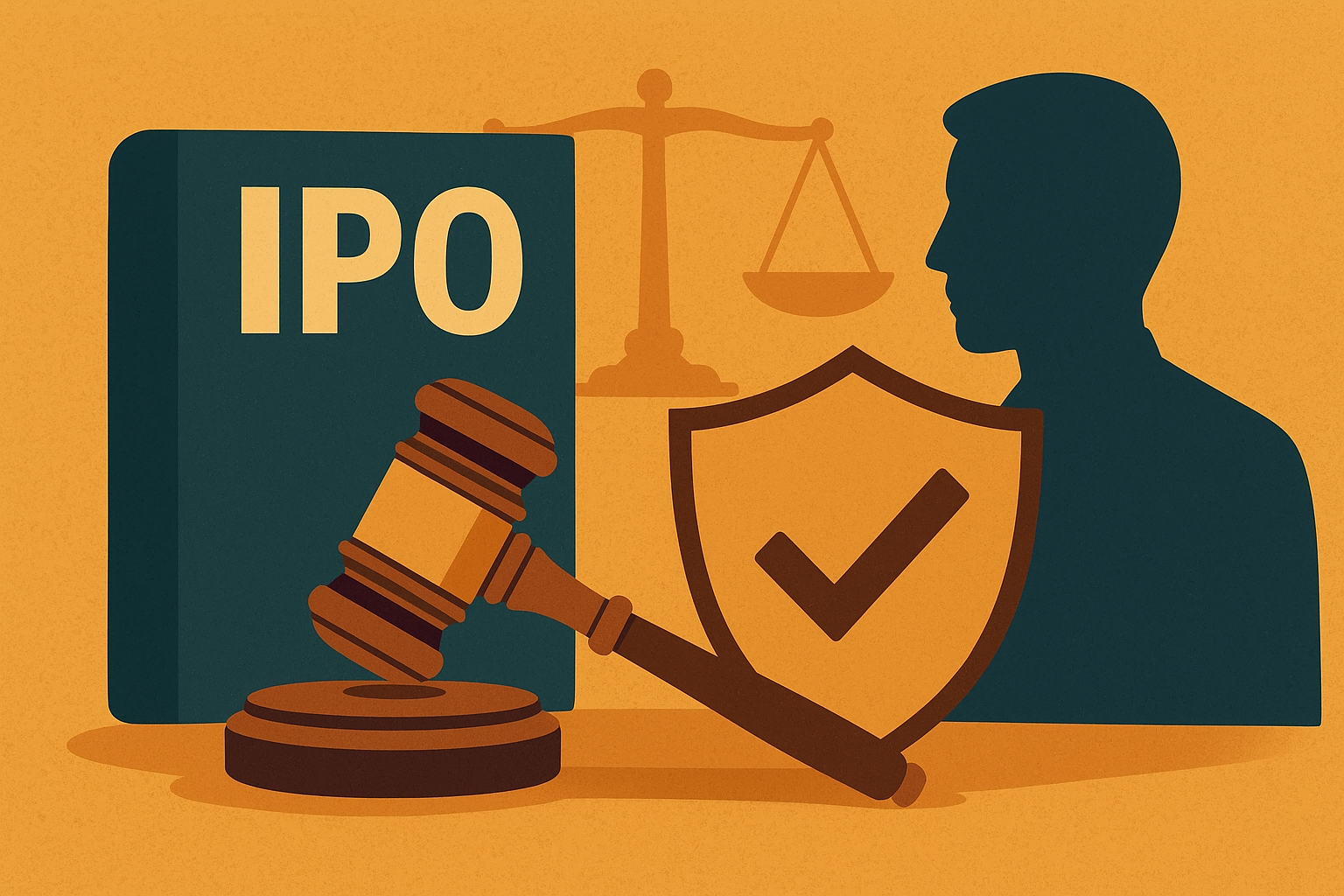In a decision set to reshape the U.S. capital markets landscape, the U.S. Securities and Exchange Commission (SEC) has voted to allow companies going public to include mandatory arbitration clauses in their charters or bylaws. This effectively permits IPO issuers to bar investors from pursuing shareholder class-action lawsuits, reversing a long-standing informal prohibition. The move has sparked immediate debate among corporate lawyers, investor advocates, and market participants—raising profound implications for both IPO valuations and shareholder rights.
Why This Matters Now
The ruling arrives at a critical juncture for U.S. equity markets. After a subdued period for IPOs in 2022 and 2023, issuance has begun to recover, with more than $45 billion raised in U.S. IPOs through mid-2025 (Bloomberg data). Investors are closely watching structural reforms that could either accelerate or dampen this revival. By reducing litigation exposure, companies may see higher valuations and increased appetite to go public. However, the trade-off could be reduced investor protections, particularly for retail and minority shareholders.
Core Analysis
1. A Shift in the Balance of Power
Historically, U.S. investors have relied on class-action lawsuits as a mechanism to hold companies accountable for fraud, misrepresentation, or governance failures. According to Cornerstone Research, shareholder class actions cost companies over $5 billion in settlements in 2024 alone. Eliminating that risk could make IPOs more appealing to issuers—but it raises questions about whether individual arbitration provides meaningful recourse for investors.
2. Legal & Regulatory Backdrop
The SEC’s move builds on a broader trend of arbitration acceptance in U.S. corporate law. The Supreme Court has consistently upheld the enforceability of arbitration agreements, most notably in the 2018 Epic Systems Corp. v. Lewis decision. While critics, including the Council of Institutional Investors, argue this undermines shareholder democracy, proponents contend that arbitration reduces frivolous litigation and strengthens U.S. market competitiveness against international hubs like London and Hong Kong.
3. Market Implications for IPO Activity
For issuers, the ruling could pave the way for a resurgence of high-profile IPOs, particularly in sectors with high litigation risk—such as biotech, fintech, and consumer technology. Investment banks and underwriters may view the change as reducing reputational and financial risks associated with IPOs. However, institutional investors could demand higher governance standards or discounts in valuation to compensate for reduced legal recourse.
Future Trends to Watch
- IPO Pipeline Acceleration: Companies that previously delayed U.S. listings over legal risk—particularly in emerging industries—may now re-enter the pipeline. Expect an uptick in filings in 2026.
- Governance Standards Divergence: Institutional investors, such as BlackRock and Vanguard, may intensify pressure on issuers to adopt stronger voluntary governance measures as compensation for diminished legal remedies.
- Global Competitive Positioning: The U.S. move could attract listings away from overseas markets, but also invite scrutiny from the EU, where shareholder protections remain stronger. This regulatory divergence could influence capital flows globally.
Key Investment Insight
The SEC’s ruling alters the risk calculus for IPO investors. While reduced litigation exposure may support higher IPO valuations, it also heightens governance and reputational risks. Investors should:
- Scrutinize IPO filings carefully for how arbitration clauses are framed and communicated to shareholders.
- Monitor institutional investor reactions, as their stance could materially affect IPO pricing and aftermarket performance.
- Focus on governance quality—companies with strong board independence, transparency, and ESG commitments are more likely to maintain investor confidence despite reduced legal liability.
Key Takeaways
By permitting arbitration clauses in IPOs, the SEC has tipped the balance in favor of issuers seeking reduced litigation risk. This could reinvigorate U.S. IPO markets but at the potential cost of investor rights and accountability. For market participants, the message is twofold: opportunities are emerging in a potentially more robust IPO pipeline, but long-term risks tied to governance and investor protection cannot be ignored.
Stay ahead of these regulatory shifts and their market impact with MoneyNews.Today, your trusted source for daily investor news and actionable financial insights.





